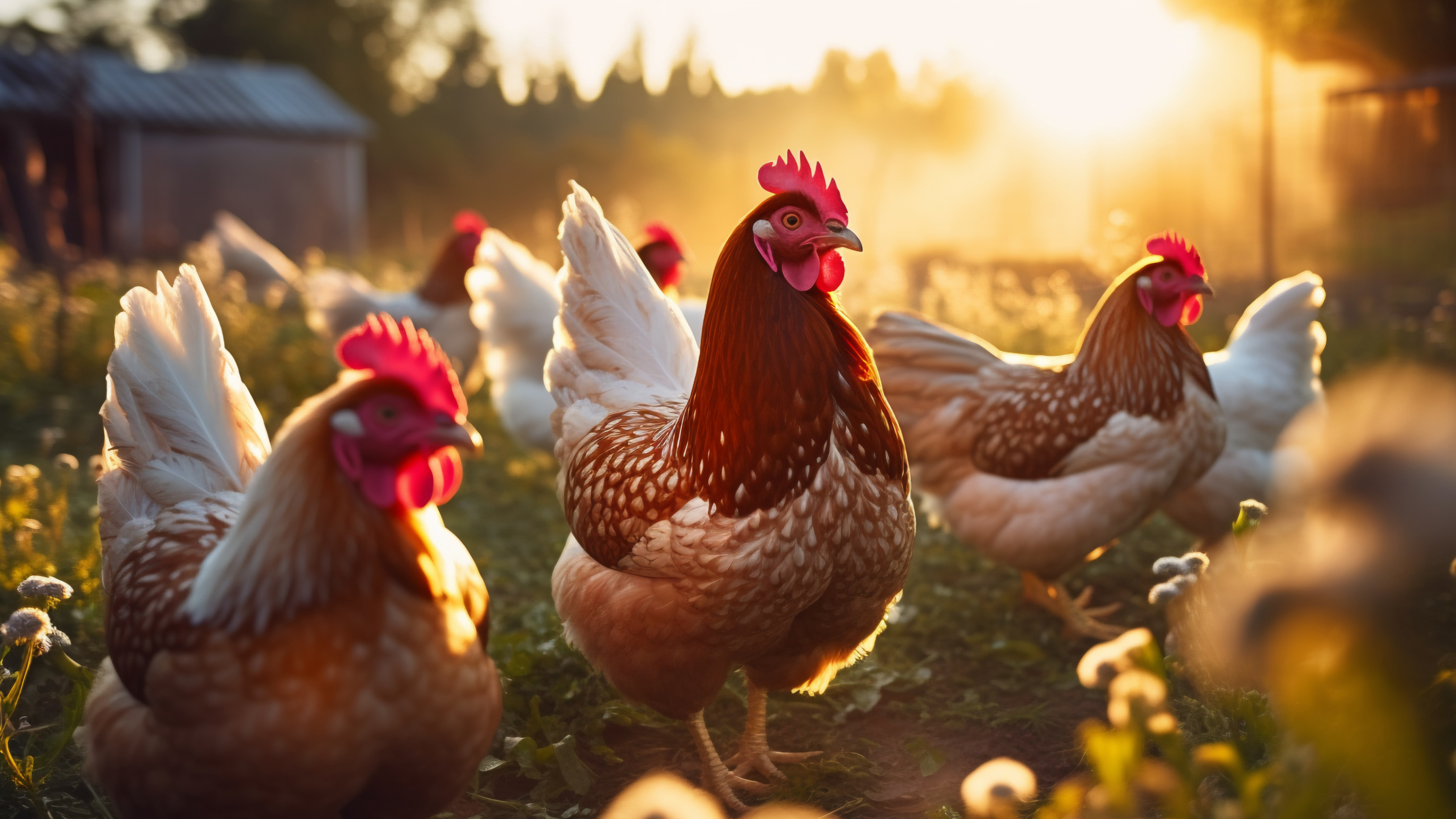Poultry farming is one of the fastest-growing sectors in agriculture, but it also faces critical challenges—disease outbreaks, fluctuating feed costs, and environmental control issues. Ensuring bird health while maintaining profitability requires more than traditional practices. This is where IoT-powered poultry monitoring is making a real difference.
Why Poultry Health Management Matters
In poultry farming, bird health directly impacts productivity, mortality rates, and profitability. Even small fluctuations in temperature, humidity, or feed intake can affect the flock’s growth and overall performance. Traditional monitoring often relies on manual checks, which can be time-consuming and prone to delays.
By adopting smart poultry monitoring, farmers gain real-time insights that help them act faster, prevent risks, and ensure healthier birds.
How IoT is Transforming Poultry Farming
1. Real-Time Environmental Monitoring
Sensors track temperature, humidity, air quality, and ammonia levels inside poultry houses. Any deviation triggers instant alerts, enabling quick corrective actions to prevent stress or disease.
2. Automated Feed and Water Management
IoT devices monitor feed consumption and water flow, ensuring that birds get consistent nutrition. Farmers can detect abnormalities early, such as reduced feed intake, which often signals health issues.
3. Energy Efficiency and Climate Control
Smart systems regulate fans, lighting, and heating based on live conditions. This not only ensures bird comfort but also reduces electricity costs, contributing to sustainable farming.
4. Predictive Health Insights
Data collected from sensors is analyzed through cloud platforms. Over time, these insights help predict health risks, optimize growth cycles, and reduce mortality rates.
Benefits for Farmers and the Industry
- Healthier Birds, Lower Mortality – Early detection of risks keeps flocks safe.
- Increased Productivity – Optimized feed, water, and environment improve yield.
- Cost Savings – Reduced energy waste and better resource management.
- Sustainability – Data-driven decisions reduce environmental impact.
- Scalability – Works for both small farms and large-scale poultry operations.
The Future of Poultry Health Management
The integration of IoT in poultry farming is not just a trend—it’s becoming a necessity. With the global demand for poultry products rising, farmers need smarter, more reliable ways to manage bird health and farm efficiency.
By embracing IoT, poultry farms are evolving into connected, intelligent ecosystems—where data ensures healthier flocks, better productivity, and long-term sustainability.
The future of poultry farming is here: smarter, healthier, and data-driven.
